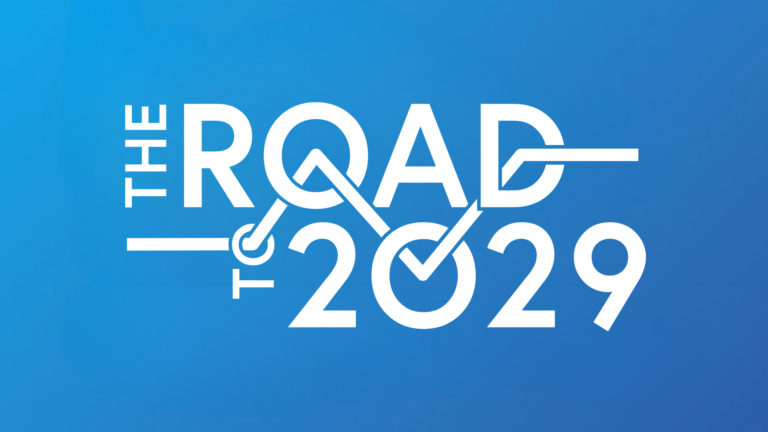The goal of Search Engine Optimisation, or SEO for short, has remained somewhat the same since the birth of the web search engine in 1993, a time when the ‘World Wide Web’ consisted of just 130 websites! Through a range of techniques, SEO is about securing a first page presence in search engine results – and always striving for the top three spots – for a desired search phrase in order attract a higher volume of quality visitors to your website.
In the early days, ranking highly was relatively simple – and, at least for big brands, something that required little effort. However, over time, ranking criteria evolved and changed in response to the dramatic expansion of the web and, with more hoops to jump through, SEO specialists started to emerge.
Bill Gates’ wise words
In 1996, Bill Gates wrote a prophetic article titled “Content is King” in which the Microsoft founder explained his vision of how the internet would evolve to provide almost limitless possibilities for businesses and organisations that utilised it correctly.
Looking back on the article in 2018, it’s too easy to dismiss Gates’ words as a relic of a pre-Google age, but its title is more relevant now than it was 22 years ago – Content truly is King.
Gates compares the role of Microsoft to that of a television manufacturer, explaining that the most lucrative businesses “…were those who used the medium to deliver information and entertainment.”
Marriage of SEO and PR
One of the most widely misunderstood concepts behind online marketing is that conventional PR and SEO are two entirely different breeds, with SEO often perceived as being a largely technical discipline. In truth, like PR, SEO is about people – the work it entails relies on an understanding of how users navigate themselves to the target website. Successful SEO isn’t just achieved through technical performance enhancements of the website, but by how deserving the content is of reaching larger quantities of people – not unlike a good PR strategy.
But what makes content ‘worthy’ of increased ranking positions?
Simply put, there is an elaborate system of search engine algorithms to determine how relevant content is to users – fortunately, as these algorithms progress in complexity, they increasingly mimic the requirements of real human beings (with artificial intelligence constantly evolving) and therefore content that’s best for SEO is content that offers the most value to the people that read it.
Make it Original
However, while quality content is essential, it’s also imperative to ensure content is original. Duplicate content is likely to result in a penalty from search engines, which could eventually cause your website’s visibility to plummet into obscurity – something that is very difficult to recover from. Similarly, original content and ideas are seen positively by search engines in the same way as it is refreshing for readers. So SEO relies on high quality content – again, as a good PR strategy does.
Likewise, content that provokes some form of action is also quality content – whilst interactivity is great, any content that generates a response is more likely to provide users with a valuable experience. Similarly, content that answers the questions or provides the information your audience is looking for is more likely to rank highly.
With this information, it is increasingly evident that the present and future of SEO is in effective content creation and copywriting combined with a comprehensive understanding of target audiences. Keyword research, implementation and density still has a role to play in an effective SEO strategy but will not improve visibility if it isn’t implemented in a way that adds value to content and passes this to users. At the same time, backlinks (links to your website from third party sites) aren’t achievable if the content at the core of a website is not worthy of sharing.
With this, it’s vital to plug the gap between SEO and PR – Genesis does this by integrating the great quality content created by our PR team with the technical knowhow of our digital and SEO specialists to deliver an integrated PR and SEO solution.
Content and SEO – Here are the key take-aways:
- SEO goalposts change on a regular basis – if you’re not actively keeping up, you’re falling behind.
- Artificial Intelligence (AI) is quickly becoming a significant part of SEO. Google is starting to understand ‘value’ from a human perspective.
- Combining PR and SEO strategies is not just beneficial, but essential.
- Great content is unique content – never plagiarise!
Be sure to get in touch if you require any assistance with your PR or digital strategies on 01473 326400 or email hello@genesispr.co.uk.



